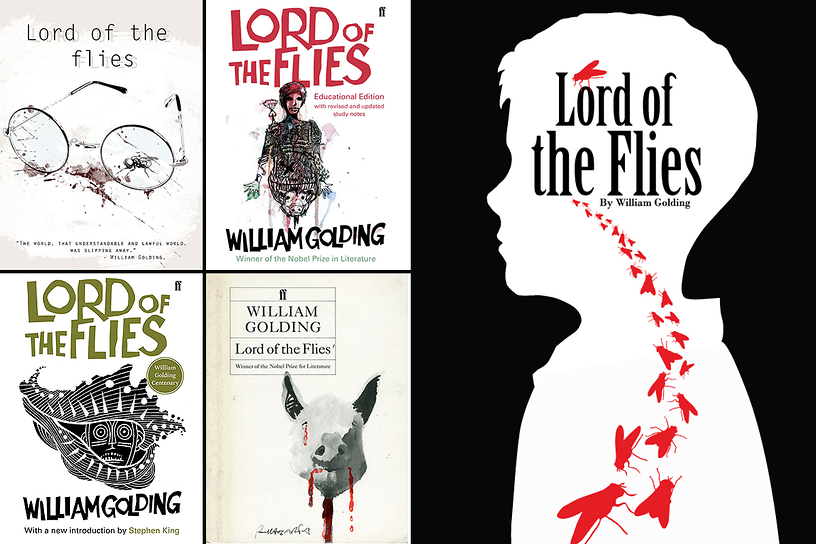In 1953, an unknown writer called William Golding wrote a novel.
He sent it to around twenty publishers, one after the other
And, one after the other it came back.
The rejection letters used phrases like “absurd, uninteresting” and “rubbish and dull”.
Eventually, a young editor at Faber & Faber read it.
Charles Monteith liked the book, he agreed to pay £60 for it, but it needed changes.
Golding agreed the suggestions improved the book.
But Monteith’s big problem was with the title.
The book was called: ‘Strangers from Within”.
Monteith thought this was dull, he asked Golding to think of a new title.
The story was about children on an island, so Golding wrote a list of possibilities:
- Island Impact
- Hunt the Island
- They Came to an Island
- Island Refuge
- Offspring of an Island
- The Foster Island
- Beast in the Jungle
- The Isle is Full of Noises
- Fun and Games
- Beast on the Island
- Trouble Island
- The Beast on Coral Island
- Island Trouble
- Island Story
- My Island
- Let’s Play Islands
- Smoke on the Island
- New Coral Island
- Coral Island Renewed
- Nightmare Island
- The Island’s Mine
- An Island of Their Own
All these titles summarised what the book was about: children on an island.
But Monteith thought they were all dull.
Then another young editor came up with a title that wasn’t a summary of the contents of the book. Alan Pringle realised the job of the title wasn’t to encapsulate the story.
The job of the title was to provoke the reader.
To summarise the mood of the story, but in a way that made it sound intriguing.
In short the main job was to make the reader want to read it.

He suggested the title: ‘Lord of the Flies’.
It didn’t mention islands, or hunting, or trouble, or beasts, or children.
It didn’t fill any of the requirements of encapsulating the story.
But it did capture the mood in a way that sounded gripping and unsettling.
The book went on to sell many millions and is now a set text in the school curriculum.
It’s worth remembering the lesson of that title.
When conventional wisdom says our job is to summarise the contents, or the ingredients, or the consumer insight, or the brand.
Remember our job isn’t any of those things.
Our job is to stand out, to provoke, to get noticed, and get remembered.
Our job is impact.
This article originally appeared on davetrott.co.uk.
